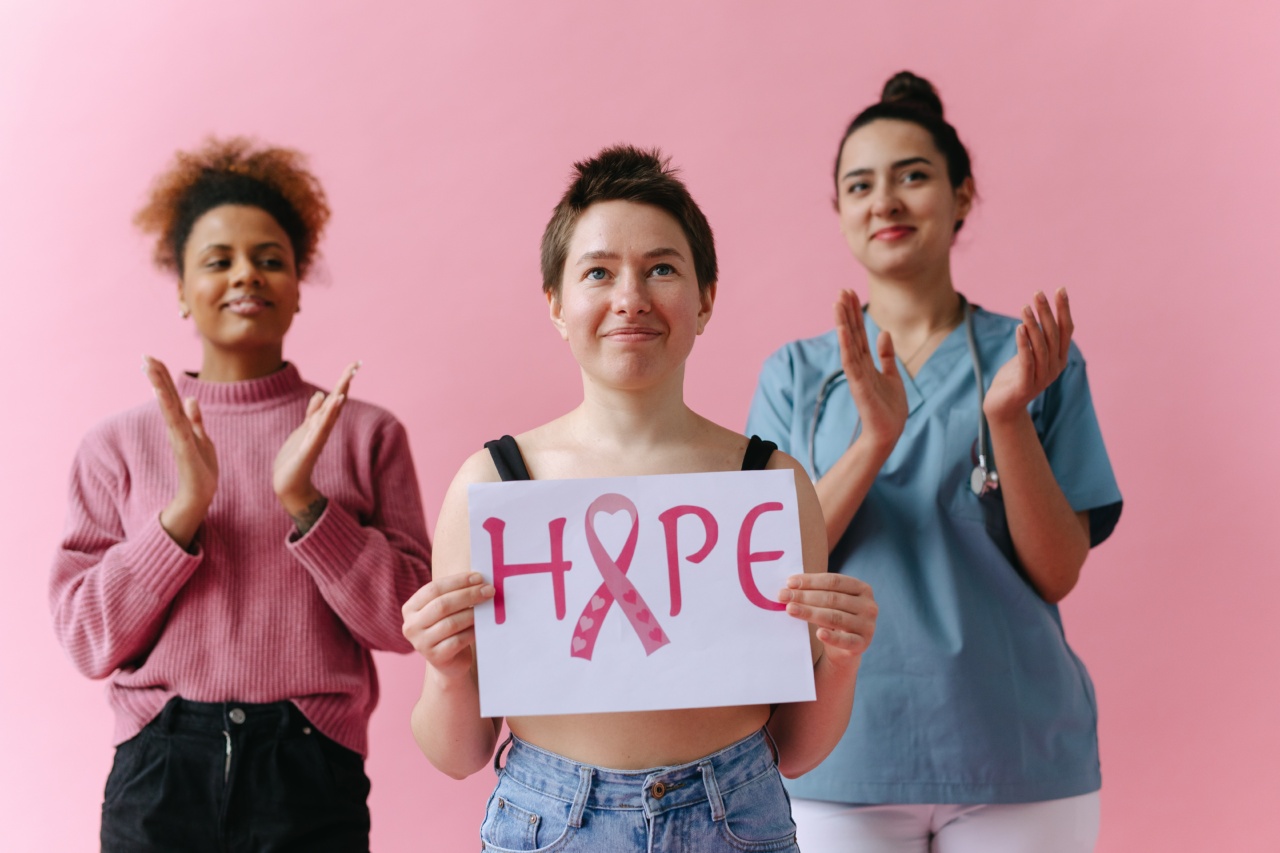Colon cancer is one of the most common forms of cancer around the world. The American Cancer Society has estimated that in the year 2021, there will be around 149,500 new cases of colon cancer in the United States alone.
Identifying groups with a 15% higher risk of colon cancer can help individuals take preventive measures, such as regular screenings, to reduce their risk of cancer. Here are ten such groups:.
1. Age over 50
Individuals aged 50 and above face a higher risk of developing colon cancer than younger people. As we age, the cells in our colon can develop abnormalities that may lead to cancer.
Individuals in this age group should schedule regular colon cancer screenings with their physicians.
2. Family history of colon cancer
Individuals who have a close relative, such as a parent or sibling with a history of colon cancer, are at higher risk of developing the disease themselves.
In such cases, it is recommended that individuals begin screenings for colon cancer earlier than age 50.
3. A personal history of polyps or colon cancer
If you have previously had benign polyps in the colon, there is a possibility they may become cancerous in the future. Similarly, individuals who have had colon cancer in the past face a higher risk of recurrence.
It is recommended that these individuals get regular follow-up screenings to detect any new developments early.
4. Inflammatory bowel disease (IBD)
Chronic conditions like Crohn’s disease or ulcerative colitis, collectively referred to as IBD, increase the risk of colon cancer. This is because inflammation in the colon can cause cell abnormalities that might become cancerous over time.
5. Diabetes
Studies have found that individuals who have diabetes face a higher risk of developing colon cancer than those who don’t.
This is due to the way insulin interacts with cells in the colon – insulin itself can promote cellular growth, including the growth of cancer cells.
6. Ethnically African American or Ashkenazi Jewish
Studies have shown that individuals from these two ethnic groups have a higher risk of colon cancer, compared to other racial or ethnic groups.
African Americans are around 20% more likely to develop colon cancer, while Ashkenazi Jews are around 30% more likely.
7. Obese or overweight
Obesity can have a range of negative impacts on the body, and colon cancer risk is one of them. Studies have shown that obese or overweight individuals face up to 50% higher risk of developing colon cancer than those who are at a healthy weight.
8. Sedentary lifestyle
A sedentary lifestyle can be a contributing factor to colon cancer risk. People who spend long periods sitting or lying down, whether at work or during leisure time, face higher risks than those who maintain an active lifestyle.
9. Smoking and consuming alcohol
Smoking and consuming alcohol are both known to have harmful effects on the body, and that includes an increase in colon cancer risk. If you are a smoker or heavy drinker, it is recommended that you quit or seek treatment for addiction.
10. Low-fiber, high-fat diet
The type of foods one eats can also play a role in colon cancer risk. Diets that are high in animal fats and low in fiber, such as those commonly seen in Western countries, have been shown in studies to increase colon cancer risk.































